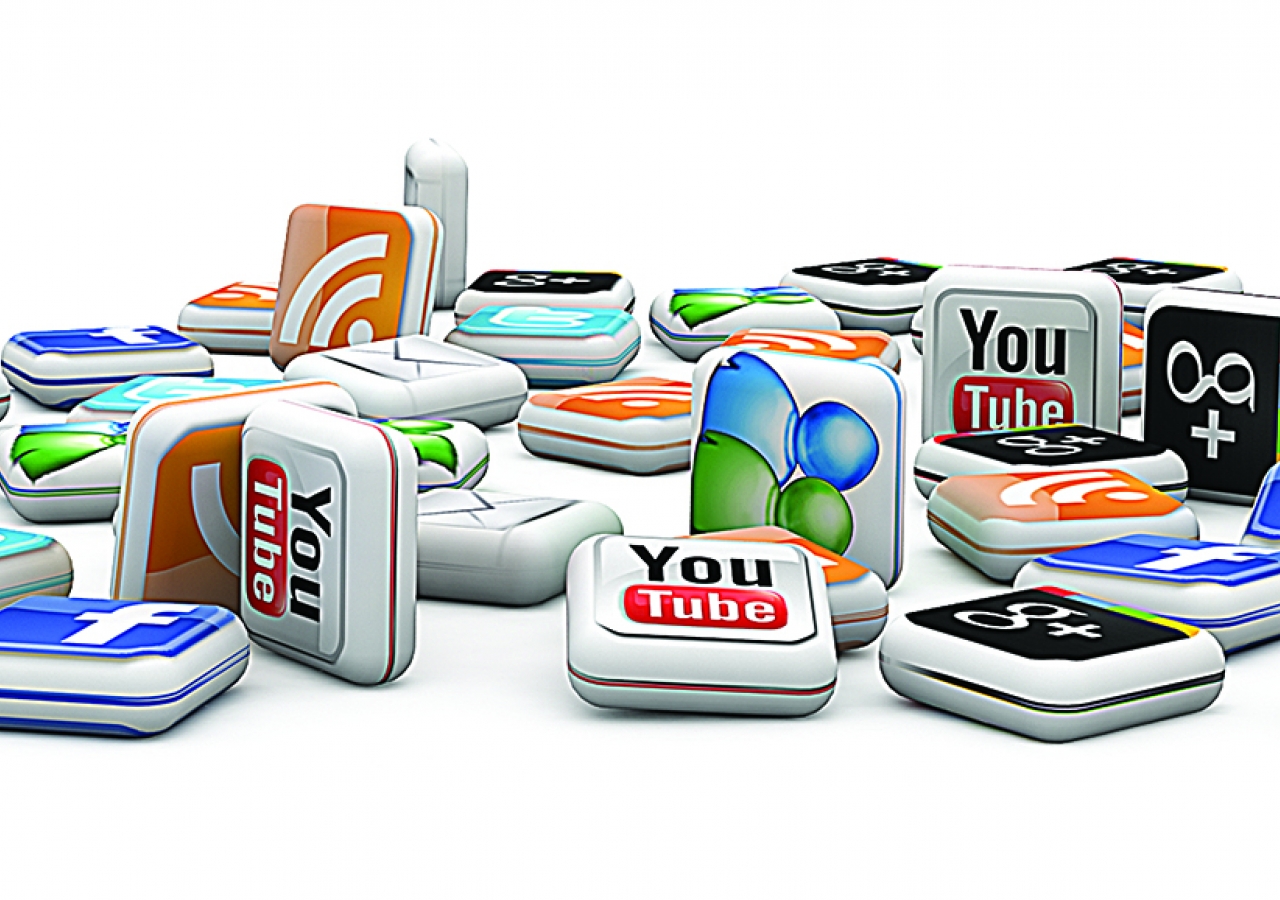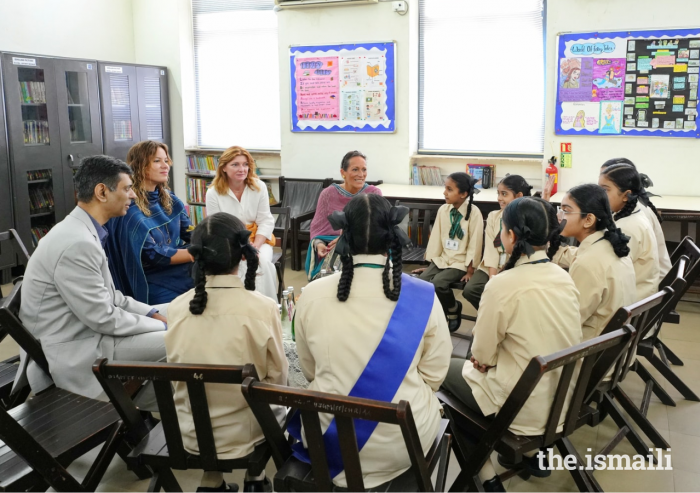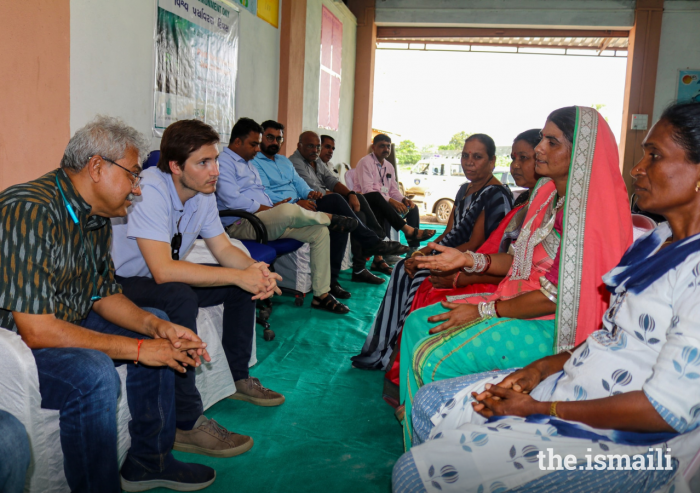I look up from my phone to take a sip of coffee. Around the table, I notice that the faces of each of my friends is buried in their phones. In fact, almost every face in the restaurant is bathed in the reflected glow of smart phone screens.
Have we all turned into phone zombies? Or are we still humans, just connecting in different ways?
People spent more than five-and-a-half hours on social networking platforms like Facebook and Twitter in December 2009, according to a study by The Nielsen Company conducted across 10 countries. Evidence suggests that the amount of time devoted to social media continues to grow – total time was up 37 per cent among users in the Unites States in July 2012 compared to the previous year. Clearly social media, aided by the ever-handy medium of mobile phones, gets a great deal of our attention these days.
What does that really mean for us, though? Is it healthy – to carry on so much of our interaction virtually while the friends and family around us do the same? Is it safe – posing for a hundred selfies, revealing aspects of our lives to people we have otherwise never met and perhaps don't even know? Is it responsible – stating our thoughts willy-nilly so that they may be recorded in cyberspace forever without first filtering them?
The truth is, social networking is not all bad. Maybe sometimes we're not looking into our friend's eyes when we click “like” on their photo, or posting agreement with their comment. But we are expressing appreciation and that matters just as much.
We may not be close enough to cut a cake with a long distance friend, but we can tweet them a loving birthday wish. We might even connect deeply with a stranger's blog, and realise that we have something meaningful to say as a comment. Whether we are outspoken or reserved, shy or friendly, the Internet won't judge us, so we feel free to use it to express ourselves.
However, as with any freedom, this one comes with responsibility. Irresponsible behaviour on social media can affect relationships with friends and family. It can also impact education and career paths, as employers and others increasingly conduct background checks through social media.
Here are some questions that can help reflect on what it means to be responsible on social media:
Who are you posting for?
Anyone with a laptop, a tablet, or even just a phone can see your post. Whether it's a picture or a comment, it's not just accessible to your friends. It will be seen by your friends' mothers, your mother's friends, your teachers, future employers, the government, the police, people who love you, people who hate you, and people who don't even know you but will still judge you by it.
So unless you are sure that what you are posting represents you without putting you at a disadvantage, do not post it. The lack of physical interaction provides a false sense of security – don't fall for it!
Whose posts are you reading?
Social media provides a protective screen behind which people can hide. Shrouded in anonymity, people think they can get away with anything.
Sometimes they even can. So be careful when you are communicating with someone online. They may not be who they say they are.
Similarly, when you read information online, remember to check if the source is authentic. On social media, speed trumps accuracy. Just because it's on the Internet doesn't make it true.
For example, anyone can post anything on Wikipedia. Unless this information is backed by reliable sources, look elsewhere.
Remember also to acknowledge original materials that you draw from in your own writings and posts. Not to do so is unethical, and might be considered plagiarism or a violation of copyright.
Are privacy settings really keeping it private?
When social media sites like Facebook roll out new features, their privacy settings have been known to reset themselves. And did you that when you post photos and other content to a social media site, you are often granting the site – and others – license to use that material for free, any way they want?
Once something is on the Internet, it cannot be retracted. The safest thing is to simply avoid allowing things you might worry about to be accessed online at all, especially confidential information that might make you vulnerable to identity thieves. Remember, online social networking is not your personal diary. Millions of people can access what you post.
Trust your judgment. If you don't want something to be seen, don't put it on the Internet.
Did you think about others?
Sometimes the sense of being anonymous online makes you feel like you can say anything without consequence. But saying negative things about about someone you know does hurt them, and will harm your relationship with them. And no post is truly anonymous – comments can be traced back to you and may expose you to legal consequences.
So take a moment to think before you post something spurred by hurt or anger. What goes online stays online.
What happens in the real world?
When you have your head buried in cyberspace, it is easy to forget reality. Sooner or later your virtual world will collide with the real world. Make sure that collision is positive.
If you post something irresponsible, it may come back to bite you. On the other hand, you can use the power of social media to impact the world positively.
Social media offers a great tools to support a cause you believe in. Sign an online petition, share an inspiring video, express your own convictions in a blog. Use social media as a way to affirm your values, and magnify your good intent.
Take social media where you want to go; don't let it steer you away from your real self.
The Internet and social media have given us one more avenue of expression, a wealth of information, and the ability to connect effortlessly across the globe. So go ahead – surf and post to your heart's content. Learn more about the world than previous generations could even imagine. Just remember to lift your head every so often, to smile at a friend, and hug your mom.
And of course, click responsibly.
This article was adapted from its original publication in the March 2014 edition of The Ismaili India magazine.








